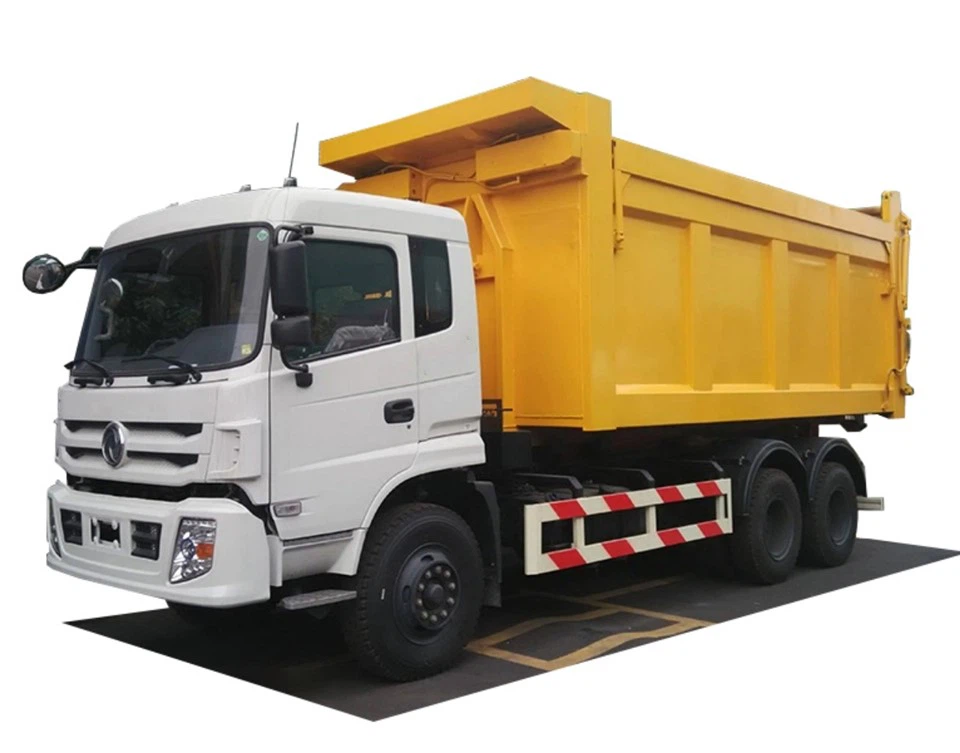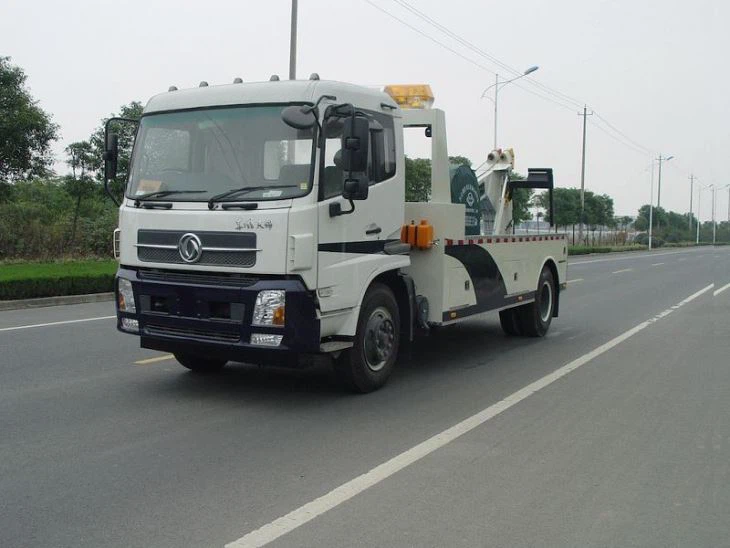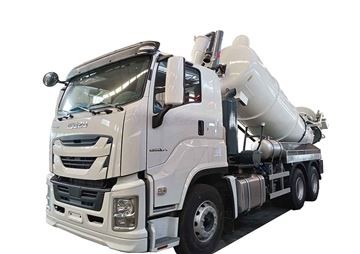Understanding Street Sweeper Trucks: The Ultimate Guide

Introduction
Street sweeper trucks play a vital role in maintaining clean urban environments. These vehicles help reduce pollution, enhance aesthetics, and ensure public safety by removing debris, litter, and sediment from roadways. In this comprehensive guide, we will explore the various types of street sweeper trucks, their working mechanisms, maintenance tips, and best practices for optimizing their use. We will also address common questions surrounding street sweeper trucks and their importance in keeping cities tidy.

Types of Street Sweeper Trucks
1. Mechanical Broom Sweepers
Mechanical broom sweepers are one of the oldest and most widely used types of street cleaning vehicles. They use rotating brushes to gather debris into a hopper. The main features that characterize mechanical broom sweepers include:
- Rotating Brooms: These brooms are typically adjustable in terms of height and stiffness, allowing for effective cleaning of different surfaces.
- Debris Hopper: The collected debris is stored in a large hopper that can usually be emptied easily.
- Simple Operation: These sweepers are user-friendly and require minimal training for operators.
2. Vacuum Sweepers
Vacuum sweepers are designed to suck up debris and dust from the pavement using high-powered suction systems. They are particularly effective in urban areas where fine particles and smaller debris types are prevalent. Key features include:
- Powerful Suction: The suction mechanism allows vacuum sweepers to remove pollutants that mechanical sweepers may miss.
- Dust Suppression: Many vacuum models are equipped with water spray systems to minimize dust during operation.
3. Regenerative Air Sweepers
Regenerative air sweepers utilize compressed air to displace debris, which is then collected by a vacuum system. They are especially efficient for street cleaning and can handle a wide range of debris types. Key characteristics include:
- Efficiency: They can clean large areas quickly while using less water than traditional models.
- Versatility: Their design allows for effective street cleaning as well as maintenance of parking lots and airport runways.
4. Electric Street Sweepers
With growing environmental concerns, electric street sweepers are becoming increasingly popular. These vehicles provide a greener alternative by minimizing noise and emissions. Advantages include:

- Reduced Emissions: Electric models produce zero tailpipe emissions, making them ideal for urban use.
- Silent Operation: They operate at lower noise levels, allowing for nighttime cleaning in residential areas.
How Street Sweeper Trucks Work
Working Mechanism
Street sweeper trucks operate using specialized equipment designed for and adapted to various cleaning tasks. Most models share basic components such as:
| Component | Function |
|---|---|
| Brushes | Loosen debris from the surface and channel it into the collection mechanism. |
| Vacuum System | Collects loose debris and dust particles for disposal. |
| Debris Hopper | Holds collected debris until it can be disposed of appropriately. |
| Water Spray System | Suppresses dust during operations to improve air quality. |
Operational Workflow
The typical operational workflow of a street sweeper truck includes:
- Inspection: Operators conduct a pre-operation inspection to ensure all systems are functional.
- Preparation: The sweeper is filled with water to aid in dust suppression.
- Street Sweeping: The operator drives along the streets using controls to adjust brush height and speed as needed.
- Disposal: Once the debris hopper is full, the operator will empty it at designated disposal sites.
Maintenance Tips for Street Sweeper Trucks

Regular Checks and Inspections
Regular maintenance is crucial to the longevity and performance of street sweeper trucks. Key aspects to consider include:
- Routine checks for worn brushes, debris accumulations, and mechanical parts.
- Regular lubrication of moving parts to prevent wear.
- Monitoring fluid levels, including hydraulic and water systems.
Cleaning Procedures
For optimal functionality, street sweeper trucks should undergo a cleaning process after each use. This includes:
- Debris Removal: Clear out the debris hopper and ensure no residual material is left behind.
- Hose and Filter Cleaning: Remove and clean or replace vacuum hoses and filters to maintain suction efficiency.
Seasonal Maintenance
Different seasons may bring about specific concerns for street sweeper trucks:
- Spring: Inspect for wear and tear from winter salt and ice melt.
- Autumn: Ensure all systems are prepared for increased leaf collection need.
Benefits of Using Street Sweeper Trucks
1. Environmental Cleanliness
Street sweeping helps reduce pollution and improves air quality by removing debris that can release harmful toxins into the atmosphere. Additionally, regular street cleaning helps keep stormwater runoff clean, reducing contaminants in local waterways.
2. Enhanced City Aesthetics
A clean city is visually appealing, promoting a sense of community pride. Regular sweeping improves the overall appearance of streets, parks, and public spaces.
3. Improved Public Safety
By removing debris and litter, street sweepers reduce hazards that could lead to accidents, such as slips and falls. Moreover, maintaining clean streets can enhance visibility for drivers and pedestrians.
4. Cost-Effectiveness
Investing in street sweeper trucks can save local governments money in the long run by reducing maintenance costs for road repair and improving infrastructure longevity.
Best Practices for Efficient Use of Street Sweeper Trucks
1. Scheduling and Planning
Effective scheduling is key to optimizing street sweeper operations. Considerations should include:
- Timing street sweeping for early morning or late evening hours to minimize disruptions.
- Planning routes based on problem areas that require frequent attention.
2. Operator Training
Proper training for operators is crucial to maximizing the efficiency of street sweeper trucks. Training should cover:
- Vehicle controls and safety procedures.
- Best practices for optimizing sweeper performance.
3. Utilizing Technology
Investing in technology can significantly improve the efficiency of street sweeping. Examples include:
- GPS tracking to optimize routes and monitor usage.
- Data collection systems that can analyze operation times and effectiveness.
FAQs About Street Sweeper Trucks
1. How frequently should streets be swept?
The frequency of street sweeping depends on various factors such as location, traffic volume, and seasonal changes. Urban areas may require weekly or bi-weekly sweeping, while less trafficked rural roads may be suitable for monthly cleaning.
2. Are street sweeper trucks environmentally friendly?
Yes, many street sweeper trucks are designed with environmental considerations in mind, especially modern models that minimize emissions and use water-efficient cleaning systems.
3. What type of debris can street sweepers collect?
Street sweepers can collect various debris types, including leaves, litter, gravel, sand, and dust. However, they are not designed to pick up heavy or bulky items such as furniture or appliances.
4. How are street sweeper trucks emptied?
Street sweeper trucks typically have a hopper that can be emptied either by tipping or using a mechanical arm to lift and dispose of the collected debris at designated disposal sites.
5. What maintenance is required for street sweeper trucks?
Regular maintenance includes checking and cleaning brushes, inspecting hydraulic systems, replacing filters, and ensuring the vacuum system operates efficiently.
6. Can street sweeper trucks operate in bad weather?
Street sweeper trucks can operate in various weather conditions but may be less effective in heavy rain or snow. Operators should use their judgment to assess safety and effectiveness during adverse weather conditions.
